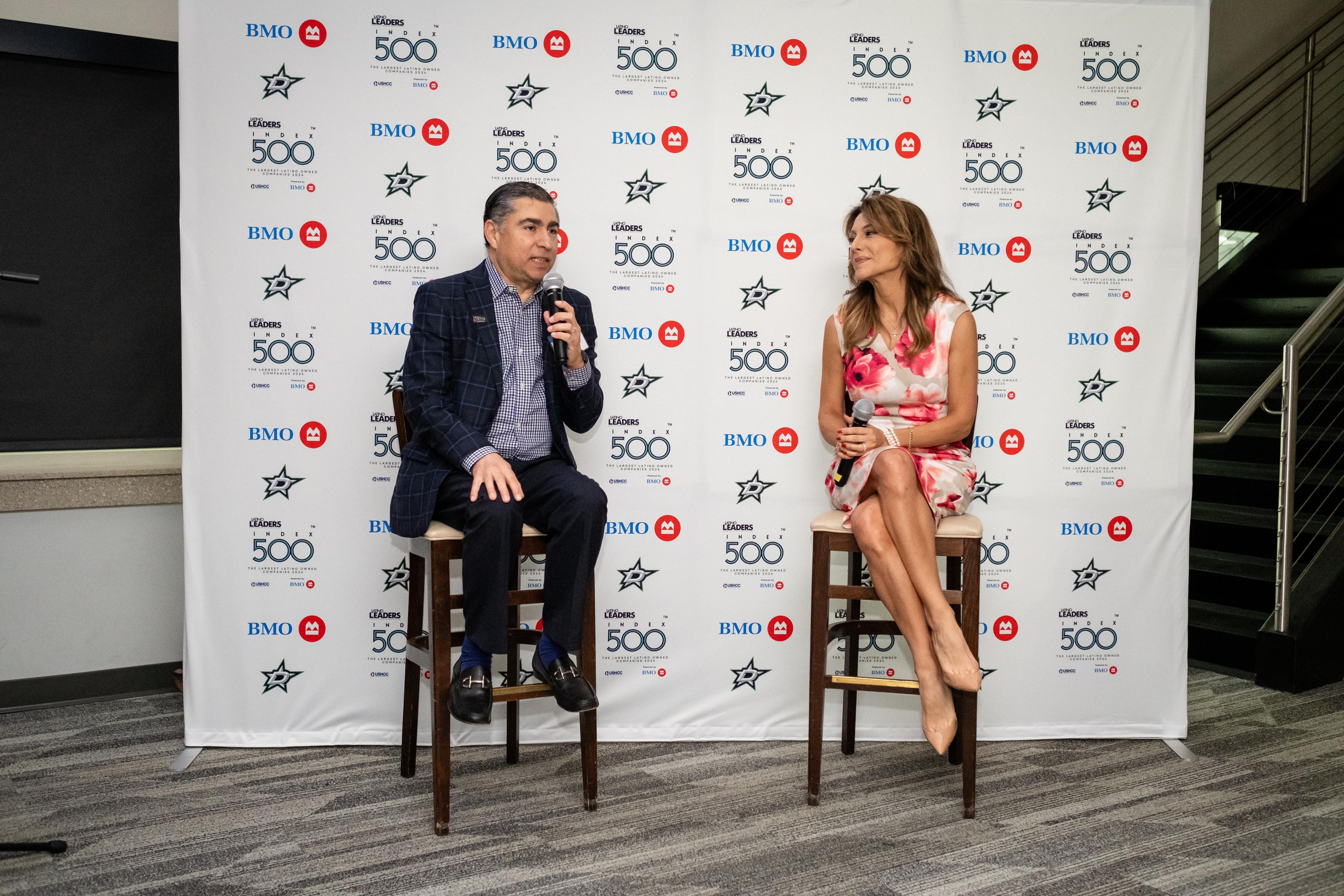Disponible en anglais seulement
Lili Gil Valletta never envisioned becoming an entrepreneur, but when she couldn’t find a company that could deliver the type of business intelligence she was looking for, she decided to build it herself. More than a decade later, Culture+ Group is one of the fastest-growing Latino-owned businesses in the U.S.
Lili was the keynote speaker at the BMO reception in Dallas as part of Latino Leaders magazine’s ranking of Latino-owned firms in the U.S. by revenue. The Latino Leaders Index500, powered by BMO, aims to better understand the needs of this key economic segment and help investors recognize the economic muscle and potential of Latino businesses.
Gaining recognition for underserved communities like Latinos was a driving factor behind Valletta’s decision to start her business, which provides cultural insights to help companies inform and deploy inclusive marketing campaigns. “Latinos have been here since before this country formed,” she said. “And still, we are looking for our opportunity, our moment, waiting for someone to open the doors for us.”
Valletta wants everyone to know why the Latino community is America’s fastest-growing entrepreneurial segment. Based on data Culture+ Group has collected, what becomes clear about this community is just how proud and resilient it is, she said.
Markets Plus is live on all major channels including Apple, and Spotify.
Start listening to our library of award-winning podcasts.
Resilience as an entrepreneur
Jorge Ferraez, Publisher of Latino Leaders magazine and our host of the Dallas event, wanted to know more about the challenges Valletta and other business leaders have encountered while growing their companies. “You see the success, but seldom do we see the difficulties and the challenges and the different moments of truth,” he said, asking Valletta to describe those moments on her journey.
Like most startups, Valletta said growing Culture+ Group wasn’t a straight line to success. A few things can prepare you for being an entrepreneur – the 3 a.m. wakeups to get a jump on the day and making payroll, all while caring for a family. Still, one of the biggest challenges Latino-led businesses face is the different ways to access capital.
She recalls an experience as a young entrepreneur where she sold off assets like her stock options to start her business, noting that the value of those options would be worth considerably more had she held on to them. “I could have leveraged that as collateral and still kept my money,” she said. “Now, I know better.”
Her advice to other aspiring entrepreneurs is to surround yourself with people smarter than you. “I always have mentors,” she said. She also encourages other leaders to take the hiring process seriously, as it can lead to unforeseen consequences down the road. “I would definitely not shortcut on the things that really, really matter in the people around you,” she said.
